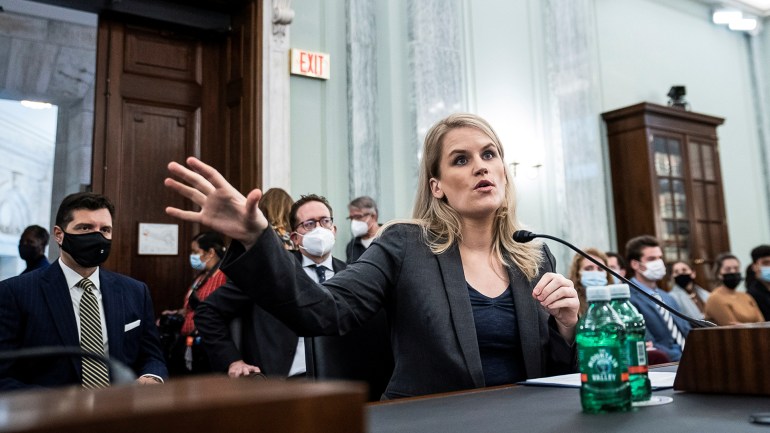Metaplatforms, the social networking company formerly known as Facebook, is looking to open retail stores worldwide.
The New York Times quoted informed sources as saying that it may be one of Mark Zuckerberg's first steps towards building a physical metaverse, rather than a virtual one.
She explained that the stores will be used to introduce people to devices made by the company's "Reality Labs" division, such as virtual reality headsets and augmented reality glasses.
These devices are portals to metaverses, a futuristic digital world, where people transition from virtual to augmented versions of reality almost seamlessly.
Facebook founder and CEO Mark Zuckerberg last week changed his company's name to "Meta" and set out a vision to pursue Metaverse as the next social platform.
The stores will help show that virtual and augmented reality can be fun and exciting, Zuckerberg envisions.
The stores aim to make the world more open and connected, according to company documents seen by The Times, and they also aim to evoke feelings such as "curiosity and proximity", as well as a sense of welcome while trying the headphones on a "free journey." of judgment,” according to the documents.
Sources told the newspaper that discussions about physical stores preceded the rebranding of Facebook by several months, with serious work starting on the initiative last year.
The sources added that the project - which is still under development - may not take place, noting that if the company moves forward with stores, it will be the first move for the technology giant that has been largely digital, with more than 3.5 billion people using its applications such as Facebook. And "Instagram" and "Whatsapp" and "Messenger".
Hogan said that Facebook was not doing enough to protect society from the harm it causes (communication sites)
The American newspaper confirmed that a company spokeswoman refused to comment on the matter.
Zuckerberg spoke of Metaverse as his company grapples with organizational and societal challenges, as Frances Hogan, a former employee turned whistleblower, has collected thousands of pages of internal documents and recently shared them with lawmakers and the media.
Hogan said Facebook wasn't doing enough to protect society from the harm it was causing, and its disclosures have come under scrutiny by lawmakers and regulators, though it's unclear how strong its case is, and skepticism reigns over metaverses.

